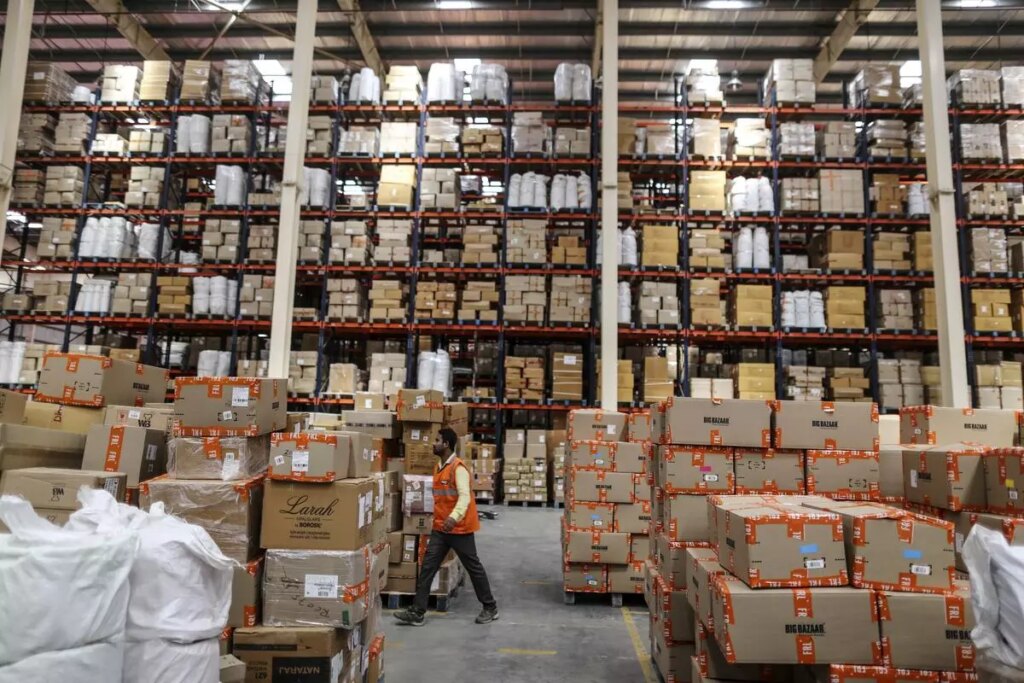Developing e-commerce hubs to boost online exports is expected to be a key topic in the government's 100-day policy agenda, and the commerce ministry is working with the revenue ministry on tough issues such as proposals to allow returns without levying import duties and speed up customs clearance, the people said.
“The commerce ministry is in talks with the revenue ministry to extend support to e-commerce players to expedite export clearance and help in re-importing rejected goods. Once the issues are resolved between the two parties, implementation of a policy on e-commerce hubs may also be announced in the Union Budget,” sources said.
According to the government, the e-commerce hubs are envisaged to provide a wide range of services, including warehousing, customs clearance, returns processing, labelling, testing and repackaging, and act as key facilitators for export clearance.
“It is important to resolve the issue of import of rejected goods as around 25 per cent of e-commerce sales are returned. These imports need to be made duty-free. But the problem is how to identify these items, which is a difficult task,” the source said.
One solution to this issue could be to provide customs guarantee for e-commerce exports. “It is an option that both the commerce ministry and the revenue ministry are considering. Hopefully, it will be resolved soon,” the source said.
The broader aim is to ensure that returns of goods are not subjected to strict scrutiny and that small and frequent returns in particular do not face problems, the sources added.
DGFT is focusing on promoting e-commerce exports from India as the sector has huge potential. India's annual e-commerce exports are estimated at around $2 billion while global e-commerce trade is $800 billion.
The DGFT is also working with the post department and the RBI on various measures that can be adopted to facilitate operations of e-commerce operators.
This is the last free article.


